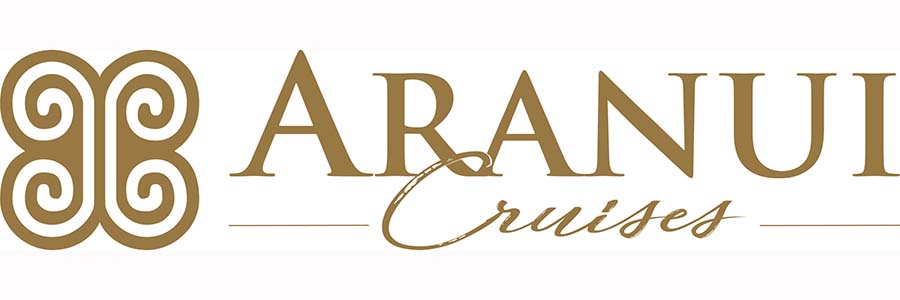Post-doc position at the CRIOBE available
POSITION AVAILABLE
Postdoctoral Research Fellowship
Metabarcoding, Trophic ecology
Duration: 24 Months
The post-doctoral Position will be based at the CRIOBE in the core laboratory on the University of Perpignan Campus (France). Some field trips are planned in French Polynesia. The post-doc will work mainly with Valeriano Parravicini (EPHE-CRIOBE), Serge Planes (CNRS-CRIOBE).
KEY REQUIREMENTS & QUALIFICATIONS
The ideal candidate should demonstrate a background in the employment of metabarcoding from next generation sequencing and experience in the analysis of complex ecological networks. The candidate will be in charge of developing analysis of the trophic niche of reef fish species employing a mixed approach based primarily on DNA metabarcoding of gut and intestinal contents, but also on stable isotopes analysis. The overall goal is to reconstruct the trophic interactions among species based on the identification of exact food consumption. Metabarcoding will mix plants (algae) and animals survey to evaluate the complexity of the diets and introduce the level of admixture on the species diets. The successful candidate will work within the frame of two larger and already funded projects in collaboration with several other international leaders in coral reef ecology.
GLOBAL PROJECT CONTEXT AND OBJECTIVES
Trophic interactions among species provide the basis of ecological and evolutionary dynamics as all species have to acquire the resources necessary to survive and reproduce. These constraints tend to organize biodiversity into complex food-webs where species interact directly, via the classic resource-consumer interaction, or indirectly via multiple resource-consumer interactions linked to one another. Therefore, the topology of food-webs determines synergies, competition and antagonism among species, mediates the effects of external disturbances and is a key property of ecosystems. However, the empirical characterization of trophic networks is generally limited to simplified architectures (e.g. bi-trophic predator-prey relationships, plant-pollinator and host-parasite interactions). Detailed information on food-web architecture for coral reefs relies mainly on data from the Caribbean, Cuba and simplified Pacific food-webs. These architectures are based mainly on gut content analysis, literature or expert opinion and their level of detail is limited to broad trophic guilds (e.g. herbivores, detritivores, invertebrate feeders). This raw resolution impairs our ability to understand the complexity of coral reefs and to evaluate the disturbance potential to propagate through the interaction network. The main goal of this project is to combine metabarcoding analysis based on the existing global DNA-barcode library (cf. BIOCODE project) and stable isotopes analysis to assess reef fishes dietary preferences in the Insular Pacific.
HOW TO APPLY
Interested applicants should send a cover letter, a statement of research goals and a CV to valeriano.parravicini@gmail.com. Applicants will receive an e-mail confirming their application has been received.
CLOSING DATE
All applications should be submitted by 30 September 2017. However, until the position is filled, we will continue to accept application materials. The position aims to start early 2018 at the latest.















